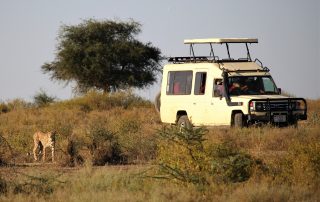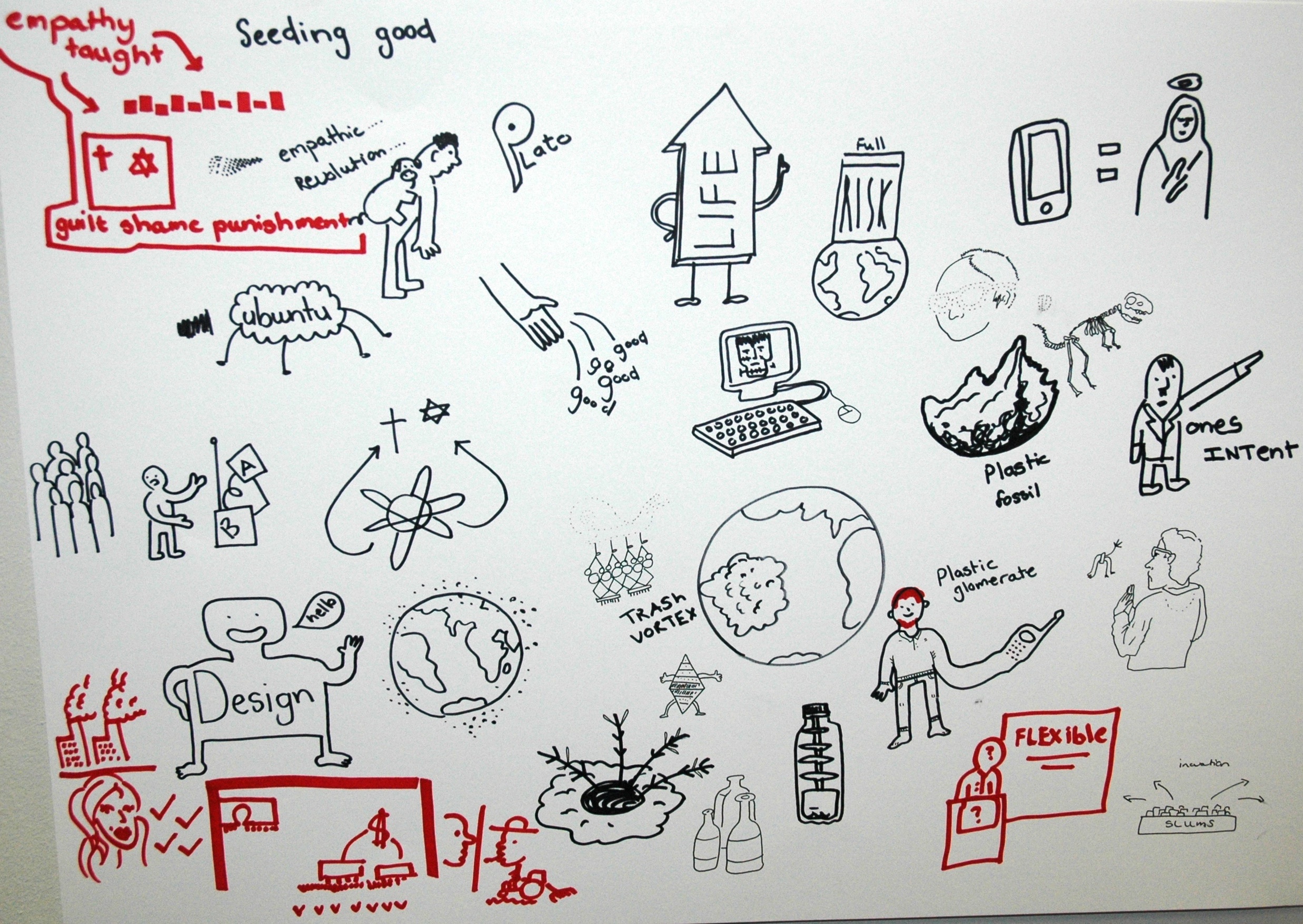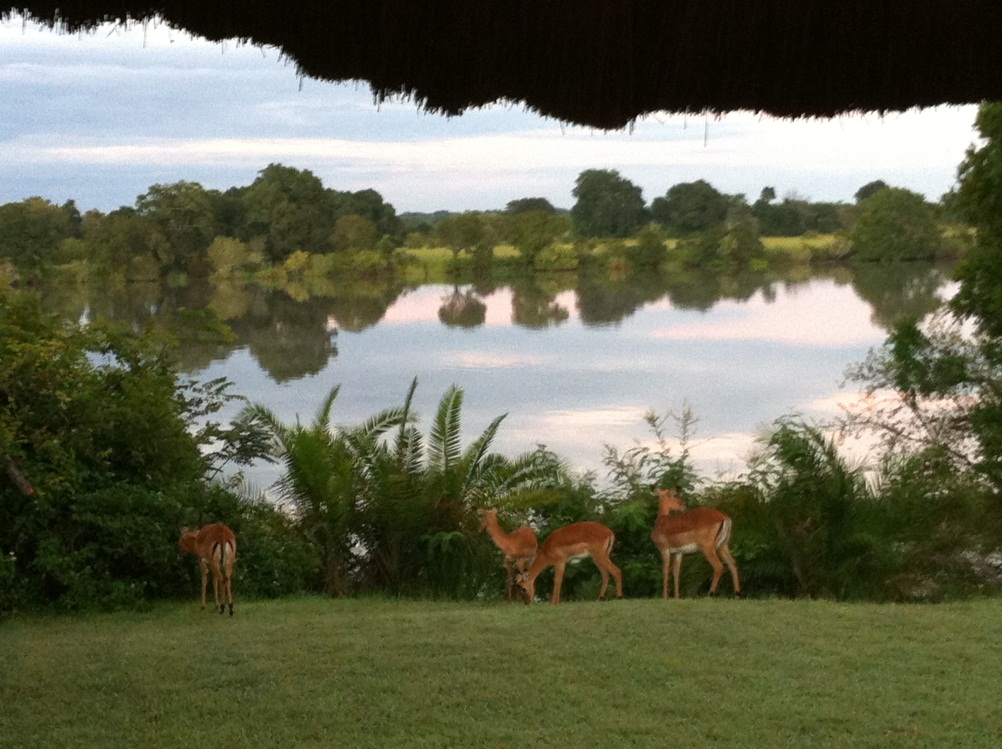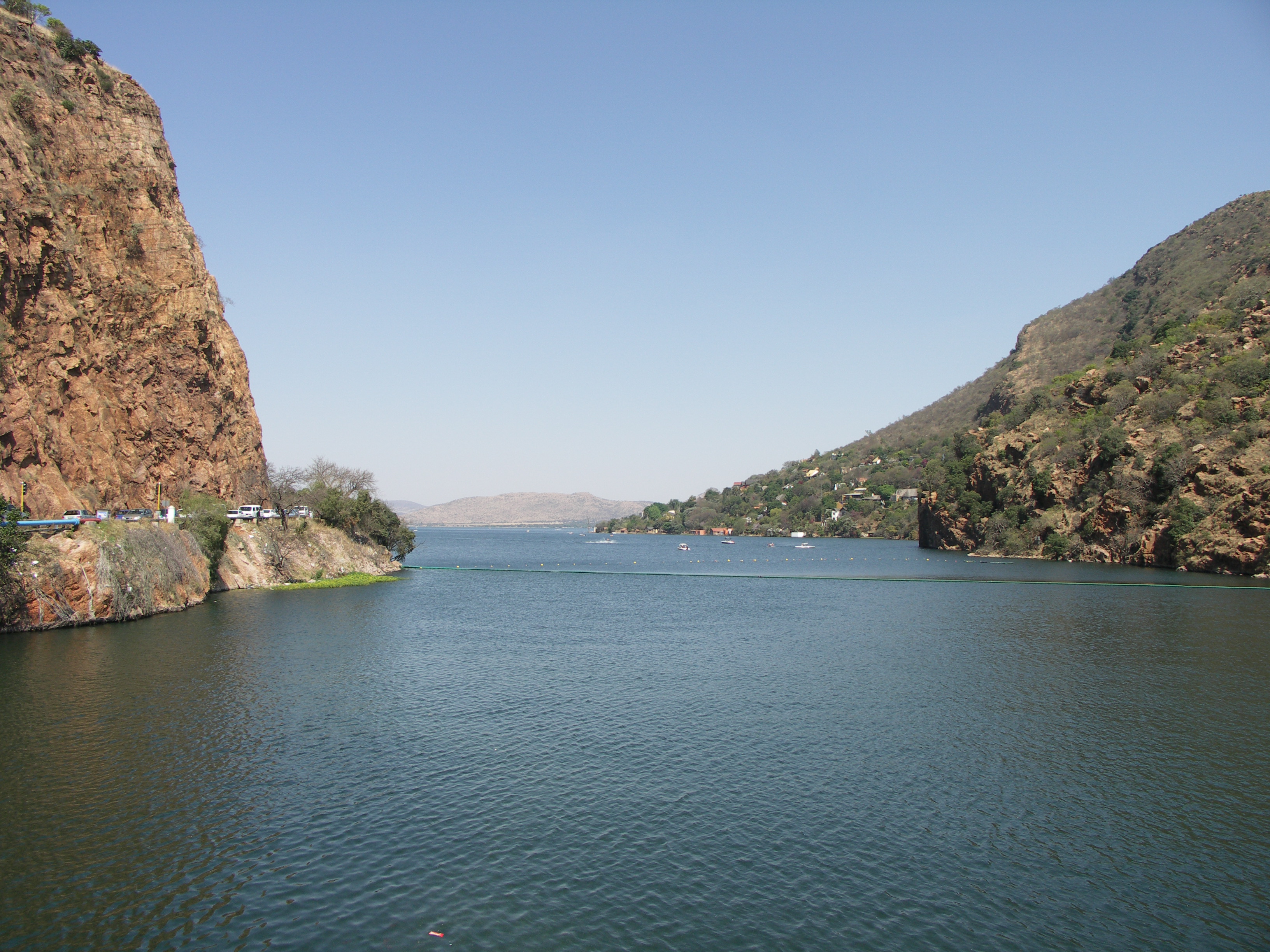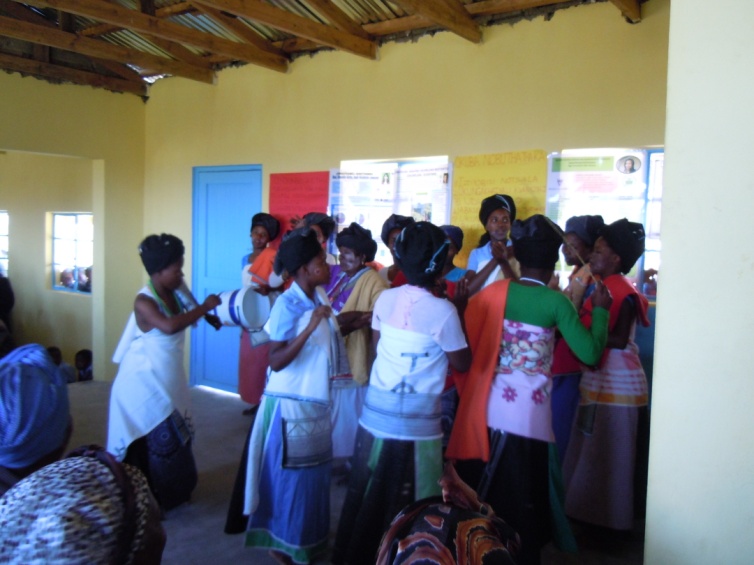JUNIOR RESEARCH FELLOW: Future Water Institute
Future Water was established in 2016 as a transdisciplinary research institute at the University of Cape Town. Its research contributes to new thinking, practices and solutions for sustainable water resource use, including attention to water scarcity, water sensitivity, treatment technologies, resource recovery, governance and social justice. The institute has been founded on the premise that future water solutions will arise through inter- and transdisciplinary approaches to research in which socio-economic and technical considerations are addressed jointly. To this end, Future Water, while hosted by the Faculty of Engineering and the Built Environment, involves academics and researchers from the Faculties of [...]



